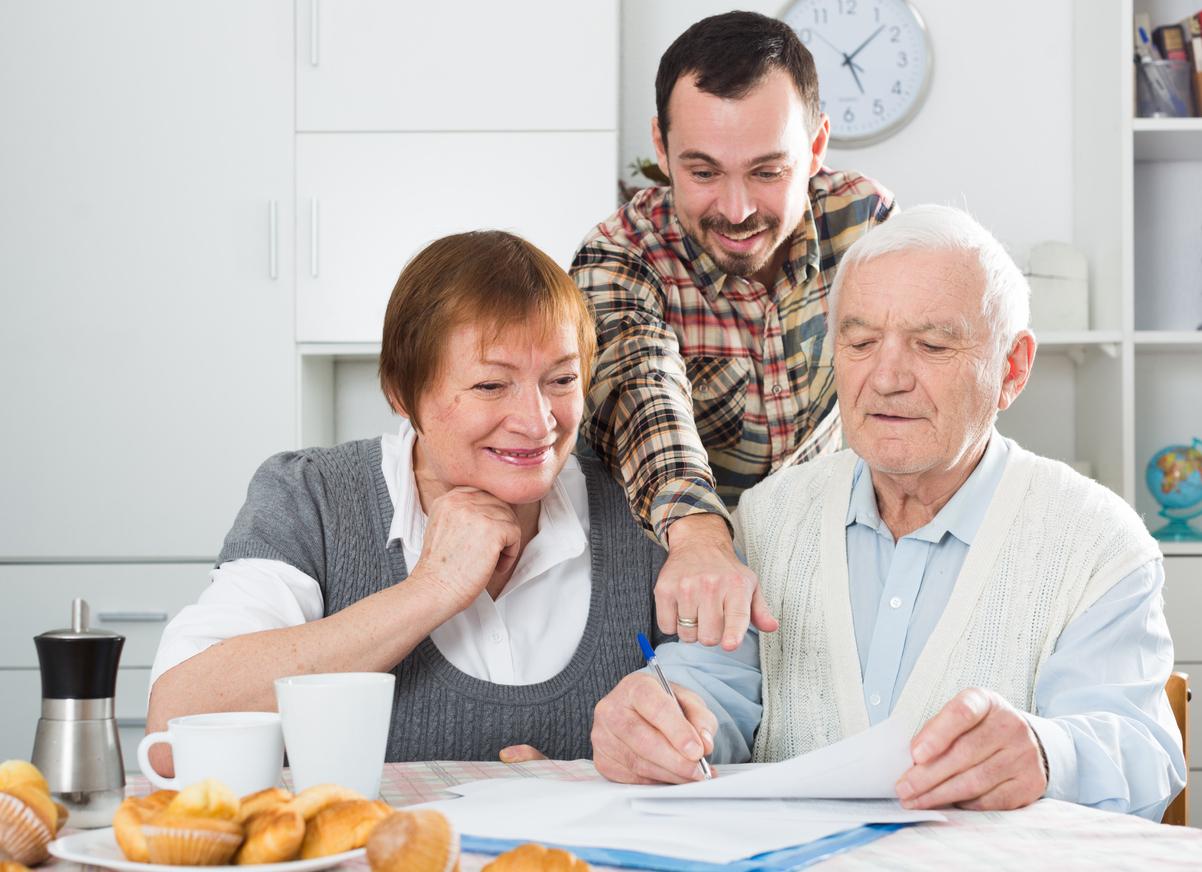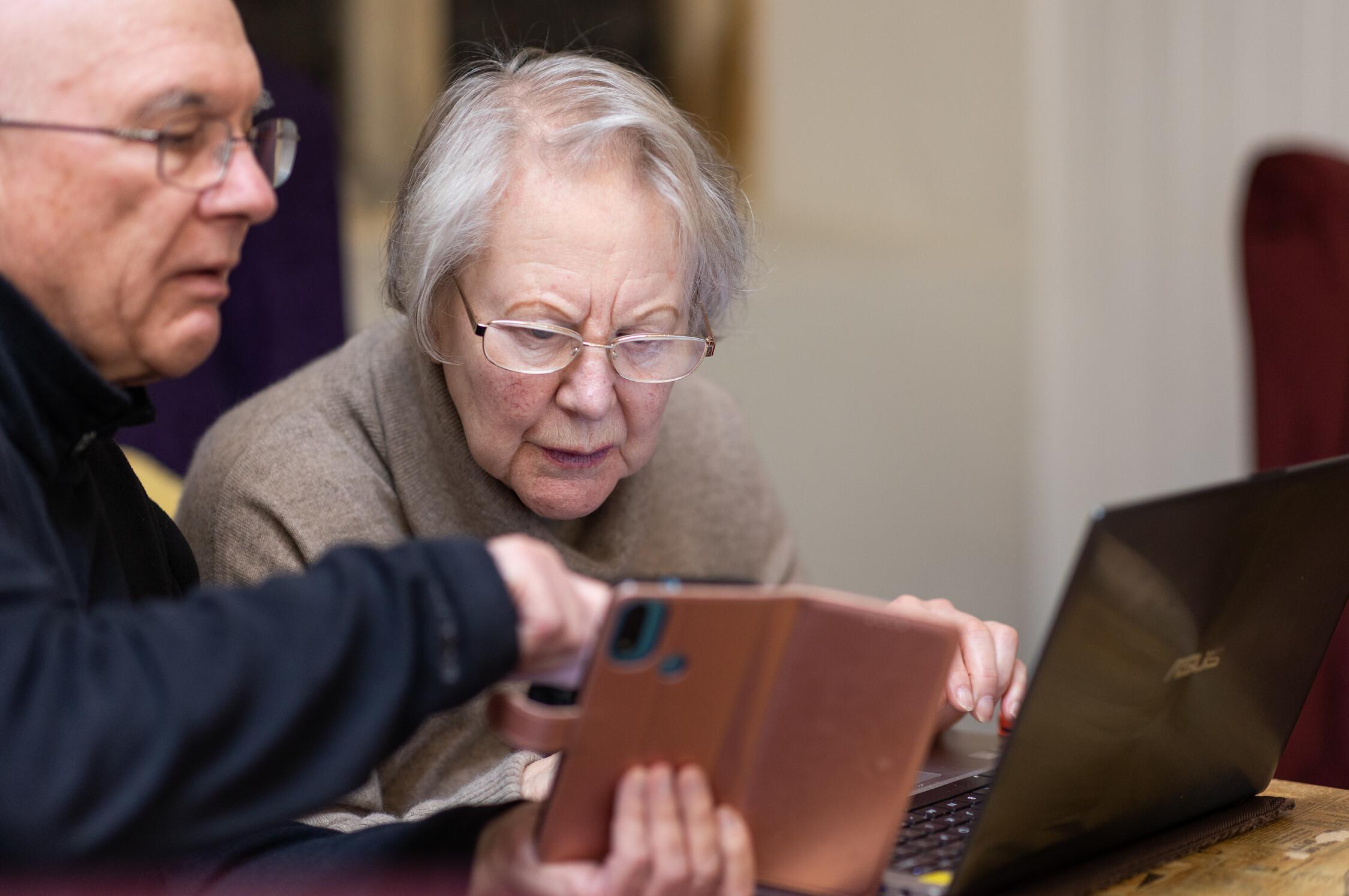National Carers Week
Many people fall into a caring role without realising, but it’s important to be aware of the stages of caring to better prepare for what may lie ahead.

National carers week (15 – 21st October) is a time to show respect and gratitude toward the family and friends who are caring for their loved ones. The week raises awareness of the current 2.65 million or 1 in 9 Australians who currently provide care for a family member or friend. Anyone can be a carer, and many do not see themselves as carers. They just see themselves as a child, parent, partner, friend or relative helping someone close to them.
According to Dementia Australia, an estimated 1.6 million Australians are involved in caring for someone living with dementia. Face Dementia aims to increase awareness of the symptoms and changes that could be signs of dementia in your family member or friend, how to start a conversation, and encourage them to visit a GP for an assessment. For some people, this may be start of your role as a carer.
Stages of caring
Many people fall into caring without realising, but it is important to be aware of the stages of caring to better prepare for what may lie ahead, and make plans to support your own wellbeing, as well as that of the person you care for. Carer Gateway identify six stages of caring which are summarised below:
Noticing changes
This is often the first stage of the caring role when you notice something is out of the ordinary with someone close to you. It might be your partner, or your parent or other family member, or friend. The change that you notice can be physical, cognitive or emotional and may occur quickly or over a longer period of time. The Checklist of dementia symptoms and changes can help you to determine if these changes may be signs of dementia. If you do notice changes, use the checklist, and the How to pages of this website to start a conversation with family or friends, ask a GP or look for more information. Dementia Australia also has resources for both families and carers on their website.
Confirmation
This is the stage when a health professional makes a diagnosis, and for some, may be the start of your caring role. You may be making decisions about treatments and care plans. Do as much research as possible and have conversations with family as well as seeking expert recommendations. Forward with Dementia is a great resource and includes stories and strategies of others caring for people with dementia.
Adapting
This stage is where routines are developed, and you gain a deeper understanding of the diagnosis. You work out the requirements of the person in need in terms of health and personal care and connect with services. This stage is also about developing your own network. Carer Gateway offer a support line and online forums. They also provide emergency respite care for the person in need in case the carer becomes ill or injured. Call 1800 422 737 (24 hours a day, 7 days a week).
Many carers find joining a carer support group provides information, emotional support, friendship and connections – both for themselves and for the person they care for. Watch this ABC video about Val Fell who runs a carer support group which plays a vital role in lives of carers in the Illawarra, NSW.
Managing
During this stage you can start to plan for the future, set up emergency plans and explore community support/service options. Plans are useful down the track if you, or the person you care for, experiences an emergency or set back. Carers Australia and their regional branches (including Carers NSW or Carers SA) can help you to develop an Advance Care Plan. They can also connect you to local communities and support networks.
Thriving and surviving
Even with the best laid plans and supports, caring can take an emotional and physical toll. Sometimes it might feel like you’re just in survival mode. However, at other times, it can feel like the pieces are coming together, and the networks, plans, and routines you’ve established for yourself and the person you care for are helping you to live well. When this occurs, take the opportunity to get some rest and enjoy this phase of your life together as much as you can.
Life after caring
Your caring role will conclude at some stage, and this could be for a variety of reasons. You may need to deal with a sense of grief at this stage, as you lose the sense of purpose caring can bring. Planning for this is important. You may enquire about personal counselling, talk to other carers or join community groups.
For more information about caring for someone living with dementia, visit Forward with Dementia.


